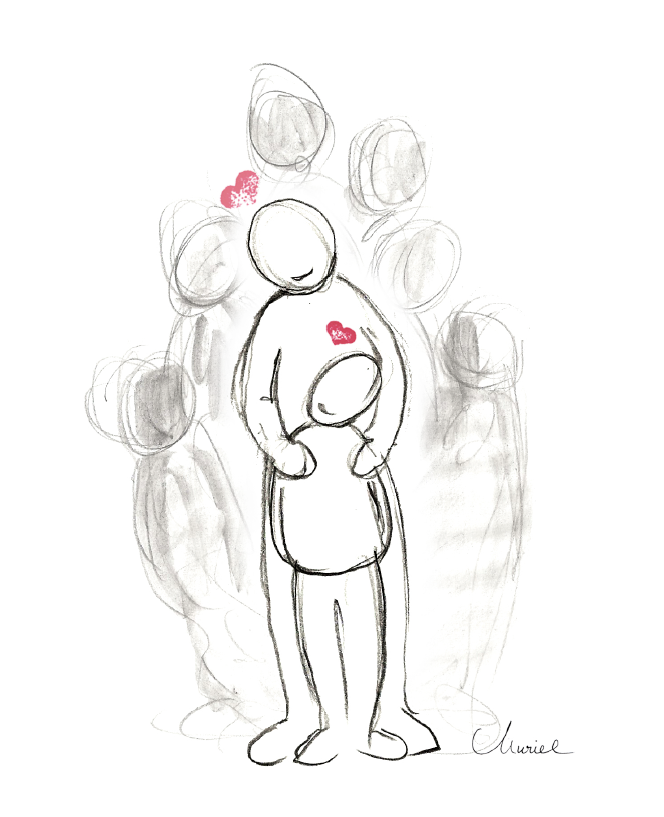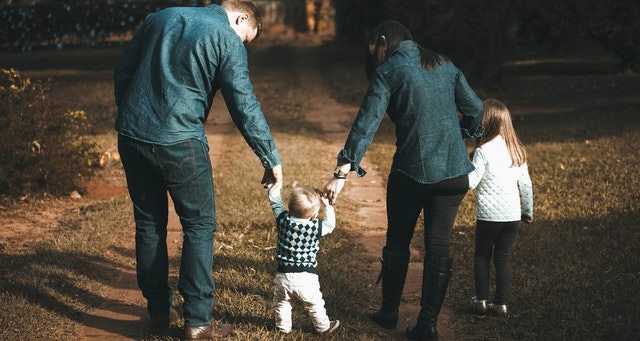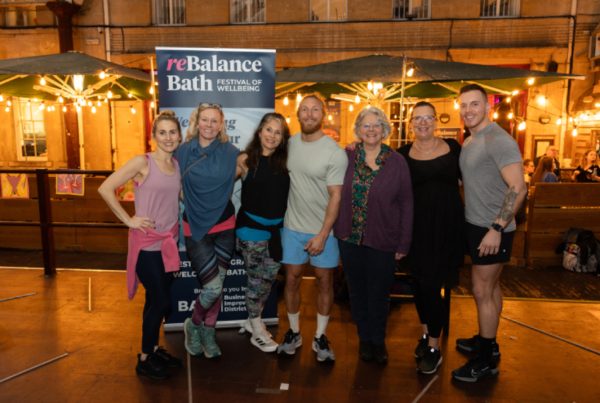How do we parent well without an external model?
All families bring up their children in a myriad of different ways, says experienced therapist, Emma Parr and parental role modelling is so important. Most of us, (particularly as we are growing up) are not aware that another family might be different. Even if we are conscious of this we don’t always questions about what we experienced. We were treated as we are treated, no questions asked.

There are also the generational aspects within families, how our parents, parents parented reinforcing what we experience. Patterns of behaviour can be so strong that we don’t even notice them and are therefore more than likely to carry them on into our own family system via our children.
What might these patterns of behaviour look like? Some can be very subtle and may never be fully conscious while others we may already know we do not want to repeat. For example patterns that are created around food. Foods that are not allowed, foods that are only meant as rewards and foods that are kept for celebrations. How we feel about food now and how we introduce it to our children can highlight patterns we haven’t been aware of.
There might be cultural patterns of behaviour that our parents or grandparents bring into our lives that don’t sit comfortably alongside the culture that we are living in if they are different. Questions of belonging can arise. Who am I and where do I fit in?
Emotions are a huge part of who we are, they sit alongside our mind, our physical body and a more spiritual side of us. There are times in families where certain emotions are not spoken about and because of this it feels like they aren’t allowed. As we become parents, can we notice the emotions our children experience that we can’t mirror or acknowledge.
Do we shut down their anger because ours wasn’t heard? As parents do we find ourselves thinking that because we were parented in a particular way it must be ‘right’?
I feel honoured to witness those parents who come to me with the knowledge that they have not been parented in a way that was right for them; or they are curious about how and why they were parented in a certain way and get their parental role modelling right. Our work is an opportunity to explore what they experienced, so that their awareness of the unconscious patterns can be seen and they can make different choices.
As I remind my clients, this is hard work and brave work. Breaking patterns is not easy and without a parent to model their parenting on it is hard. If all you know is what your parents did, however much you may not want to repeat those patterns finding another way can be a real challenge.
If you need support to understand your experience as a child, so that you can actively choose to be the parent you want to be, please get in touch.
Ultimately, as humans we need to be seen and accepted for who we are and to be loved unconditionally.





